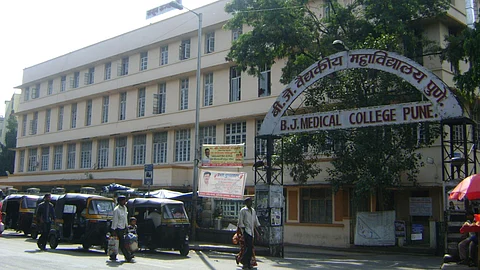CBNAAT (Cartridge-Based Nucleic Acid Amplification Test) is a rapid molecular test widely used to detect TB and check for resistance to Rifampicin, a key first-line TB drug.
Why It Matters
This move supports the government’s goal to eliminate TB by 2025 under the Dare2eraD (data-driven research to eradicate) TB program. With resistance rates rising, a faster and more accurate method like this can help doctors make better decisions and avoid using the wrong drugs. It may also help ease the burden on public hospitals by improving treatment success early on.
(Input From Various Sources)
(Rehash/Pooja Bansal/MSM)


